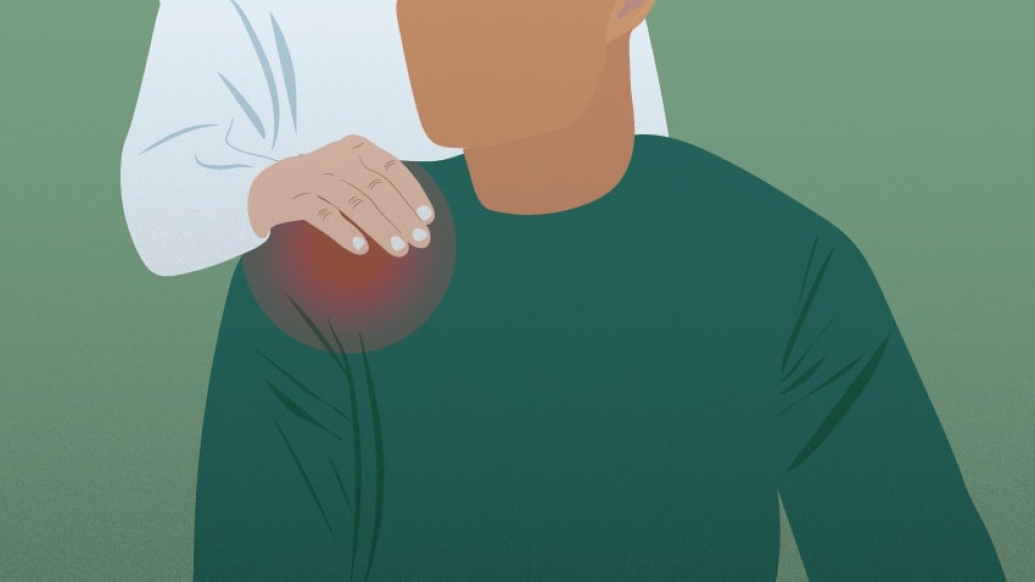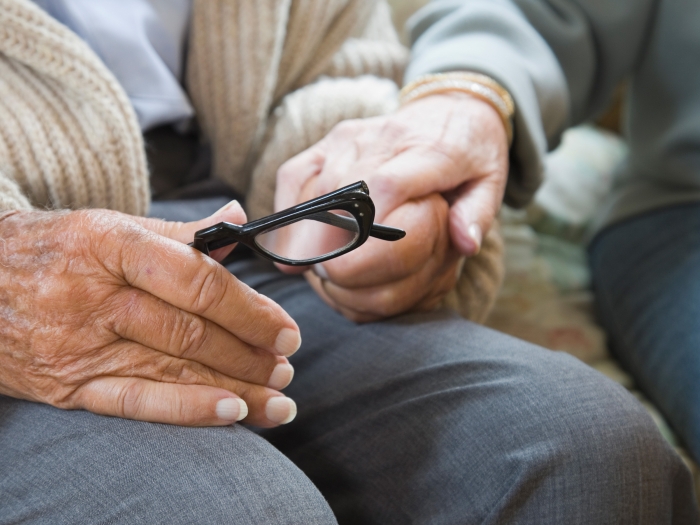A U-M expert offers advice for patients for handling post-surgical pain and reducing the need for opioids.
7:00 AM
Author |

There's an expectation of pain or discomfort following any surgery, but for some people, uncontrolled, post-operative pain can feel intolerable.
Kathryn Bennett, MSN, nurse practitioner in cardiac surgery at the Frankel Cardiovascular Center, shares her insight on how we can support those in the surgical recovery process by considering different pre- and post-operation measures that can reduce risky opioid use.
Bennett says many patients forget to consider pre-operation measures.
LISTEN UP: Add the new Michigan Medicine News Break to your Alexa-enabled device, or subscribe to our daily audio updates on iTunes, Google Play and Stitcher.
Being pain-free after a procedure is unrealistic and you'll end up taking more medication than you need to, with potentially serious consequences.Kathryn Bennett, a U-M nurse practitioner in cardiac surgery.
"Be physically active in ways that you can," she says. "Move around. The stronger you are going into surgery, the better you'll feel after."
At home, Bennett recommends understanding "what your limitations will be after surgery and working on strengthening the parts of your body that will have to compensate."
For example, if you won't be able to move your arms after surgery, practice getting out of a chair without using your arms before the procedure.
Alternative means
In response to the opioid epidemic, lawmakers have changed laws regarding how providers write prescriptions for pain medication. Bennett says these laws are designed to provide better patient oversight.
SEE ALSO: Michigan's New Opioid Rules, Explained
"The new standardization allows us to discharge you with a one-week prescription," she says. "You can receive a refill for the prescription if you need to, but it has to be in person.
"We want to see how you're doing and talk to you about how you're feeling, what your pain is like," Bennett says.
Bennett says that in some cases, a patient's pain needs can be addressed without opioids, and reminds patients that they can always take less pain medication than prescribed.
MORE FROM MICHIGAN: Sign up for our weekly newsletter
"The patient has the power to wean their prescription as they wish," she says. "You can take half a pill or just take a pill before bed. You don't have to take them all."
The pain-management balancing act means utilizing a combination of different, healthy ways to cope with pain that will set you up for success.
Some patients try different medications. Bennett says Tylenol — two pills every eight hours — can significantly help with pain if used consistently and at the right dosage.
SEE ALSO: Medications, Mindfulness and More Alternatives to Opioids for Treating Pain
It's important to weigh the benefits and risks with any medication, especially with opioids. Side effects can prolong your hospital stay and make you feel worse, like having nausea, extreme drowsiness or abdominal distention.
"Being pain-free after a procedure is unrealistic and you'll end up taking more medication than you need to, with potentially serious consequences," Bennett says.
Make the call
How would a patient know if their pain is abnormal?
Bennett says if you can still walk, take deep breaths and sleep, you probably have normal, tolerable pain. If pain gets worse as time goes on as opposed to better or staying the same, call your provider.
Before picking up the phone, Bennett says there are things you may be doing to contribute to your pain.
"Be aware of tensing your muscles when you're at home," she says. "When you tense your muscles to avoid pain when moving, you actually can cause more pain. Try to relax those muscles."
Most important in post-operative pain management is you or your caregiver feeling empowered to make the call if something isn't right. You can take a pill to help you sleep at night or don't go home with opioids at all.
If you have questions, talk to your provider about how he or she can best support you in the recovery process and about what medications you're already taking.

Explore a variety of healthcare news & stories by visiting the Health Lab home page for more articles.

Department of Communication at Michigan Medicine
Want top health & research news weekly? Sign up for Health Lab’s newsletters today!





